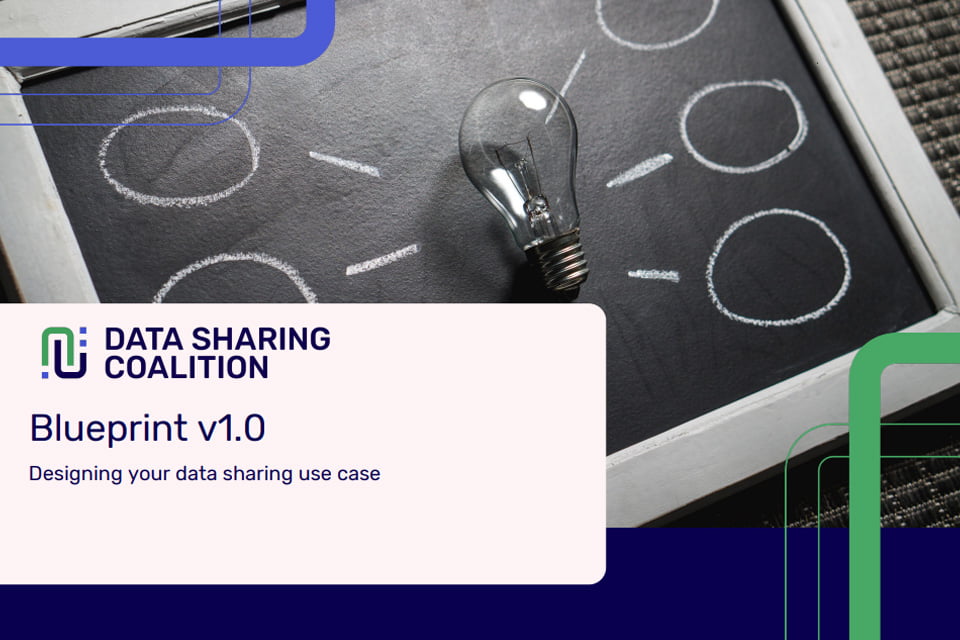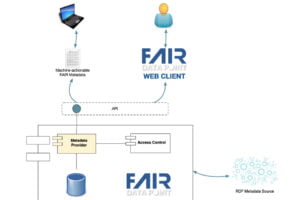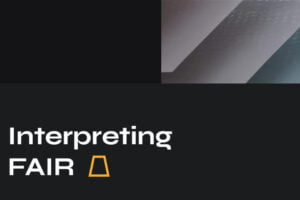In the second phase of data space development, we work with a group of stakeholders representing all actors involved in the use case to create an overview of all relevant topics in a high-level use case design. The goal of this phase is to establish a high-level use case design that covers all elements needed to create the necessary trust to share data in this use case and that is ready for potential future scalability. For example, the high-level design can be used when applying for funding for the implementation – it shows that all relevant topics needed for trust have been considered. By organising workshops with all relevant stakeholders and by applying our Use Case Blueprint, you will produce the design for the use case. In the workshops, the BLOFT framework is used to create an overview of all topics relevant for your use case. BLOFT is an abbreviation for Business, Legal, Operational, Functional, and Technical topics that are relevant to organise trust in data sharing between participants. For example, a topic that must be considered under Business is Fee structures, for Legal it could be Governance, Contracts Applicable Regulation and for Functional it could be required functional support, UX and Privacy features. Download our Blueprint for more examples.
Furthermore, the CoE-DSC can support you to ensure that all contextual criteria are met before moving to the implementation phase. This could for example include support to arrange funding, to involve a sufficient number of stakeholders, or to create awareness of the value of the use case.




